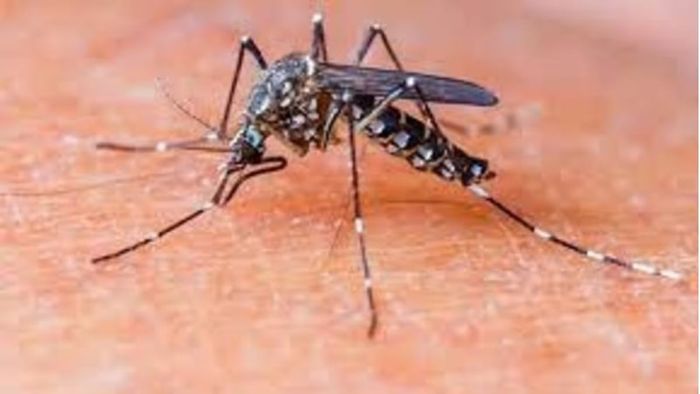Assam battles rising Japanese Encephalitis cases: 22 deaths reported at GMCH since April 2024
The state of Assam is grappling with an alarming surge in Japanese Encephalitis (JE) cases, with Gauhati Medical College Hospital (GMCH) at the forefront of the battle.

- Aug 02, 2024,
- Updated Aug 02, 2024, 12:53 PM IST
The state of Assam is grappling with an alarming surge in Japanese Encephalitis (JE) cases, with Gauhati Medical College Hospital (GMCH) at the forefront of the battle. Since April 1, 2024, GMCH has admitted 90 patients suffering from the deadly flavivirus, resulting in 22 deaths.
Dr. Abhijit Sarma, Superintendent of GMCH, reported a significant increase in JE cases this year compared to the previous year. "Last year, we admitted 54 patients. This year, the number has risen sharply," Dr. Sarma stated. "As of now, 40 patients are still undergoing treatment at GMCH, four of whom are in critical condition, while the rest are stable. Unfortunately, 22 patients lost their lives, many of whom were brought to us in the terminal stages of the disease."
A notable number of patients initially sought treatment at private hospitals before being transferred to GMCH for tertiary care. Unfortunately, many arrived in severely compromised conditions. Dr Sarma highlighted that several patients had alarmingly low Glasgow Coma Scale (GCS) scores, some as low as 3/15, indicating severe impairment of consciousness. This significantly contributed to the higher mortality rate observed this year.
Also Read: Road construction by Assam halted in disputed border area: Mizoram Home Minister
Dr. Sarma explained the challenges of treating Japanese Encephalitis, emphasizing the lack of curative medicine for the virus. "Treatment for Japanese Encephalitis is symptomatic. We manage symptoms as they arise – fever, convulsions, and so on. Injections like Mannitol are administered to provide symptomatic relief. So far, 23 patients have recovered," he explained.
The surge in JE cases at GMCH highlights the severity of the outbreak in Assam, raising concerns among health authorities. Efforts to contain the virus are being intensified with heightened vigilance and measures to combat its spread. The outbreak underscores the critical need for robust healthcare infrastructure and preparedness to handle such public health emergencies.
Health authorities urge the public to take preventive measures, including using mosquito repellents and maintaining proper sanitation to reduce the risk of JE transmission. The situation remains dynamic with evolving challenges, and ongoing efforts to control the outbreak and mitigate its impact on the population persist.